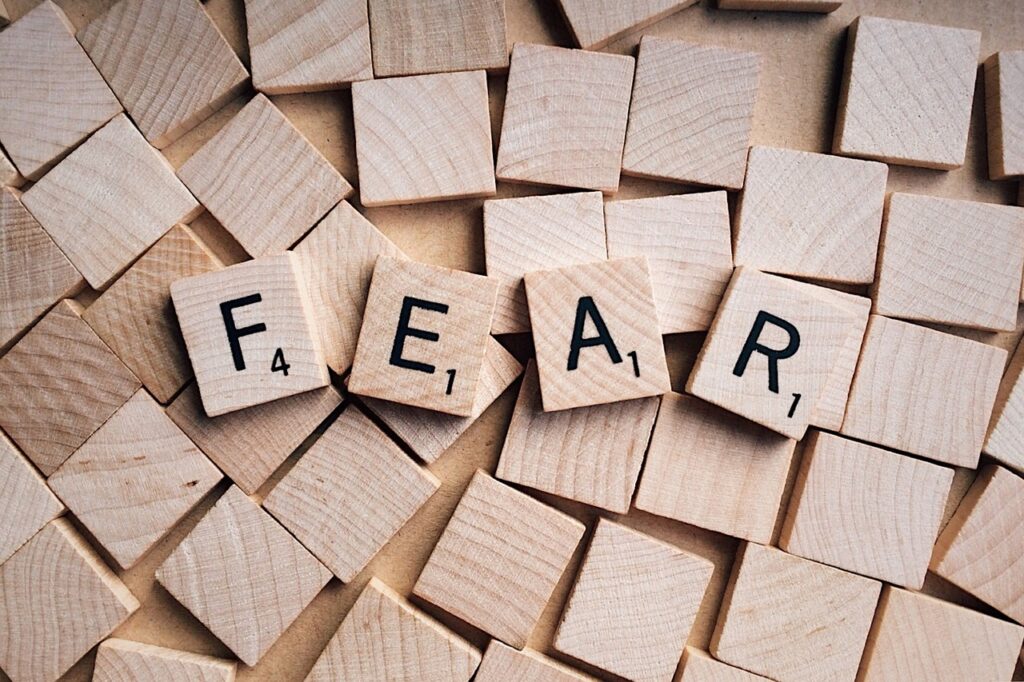
Growing up, watching the news felt like watching a horror movie. I knew it was scary, but I couldn’t look away. There were things I saw that I wish I hadn’t. As an adult, I’ve learned that if the headline is triggering, I don’t need to click on the article. For me, protecting my peace means intentionally avoiding harmful content, environments, and people. What are you consuming that might be costing you peace?
The Hidden Cost of Social Media
If it costs you your peace, it is too expensive. When we think about our peace, how much of it is being taken away by the content we consume on social media? Research shows that excessive use of social media can increase symptoms of anxiety, depression, and stress. It could be because we are comparing ourselves to others, experiencing cyberbullying, or isolating ourselves from the real world. Does this mean we should delete our social media accounts? Not necessarily. But becoming more mindful of how much time we spend on it might be the first step toward reclaiming our peace.
Boundaries = Peace
Is there someone or something outside of social media affecting your peace? A gossiping friend? A toxic work environment? Family drama? These are all things that can take a toll on your mental health. If there’s one word I believe is most helpful in situations like these, it’s boundaries. Setting a boundary could mean making a request, limiting your interactions, or even completely removing yourself from a harmful situation.
The next time you feel stressed about something, ask yourself: What boundary do I need to set? The next time you feel drained after a conversation with someone, pause and ask: What boundary could protect my energy next time? By setting boundaries, you safeguard your peace.
Make Peace with Yourself
Last but not least, be kind to yourself. Many of us don’t have peace with ourselves because we don’t believe we’re enough. But whether we realize it or not, we are enough. The moment we recognize our innate worth is the moment we discover true peace. Allow peace to be your standard, not just a preference.



